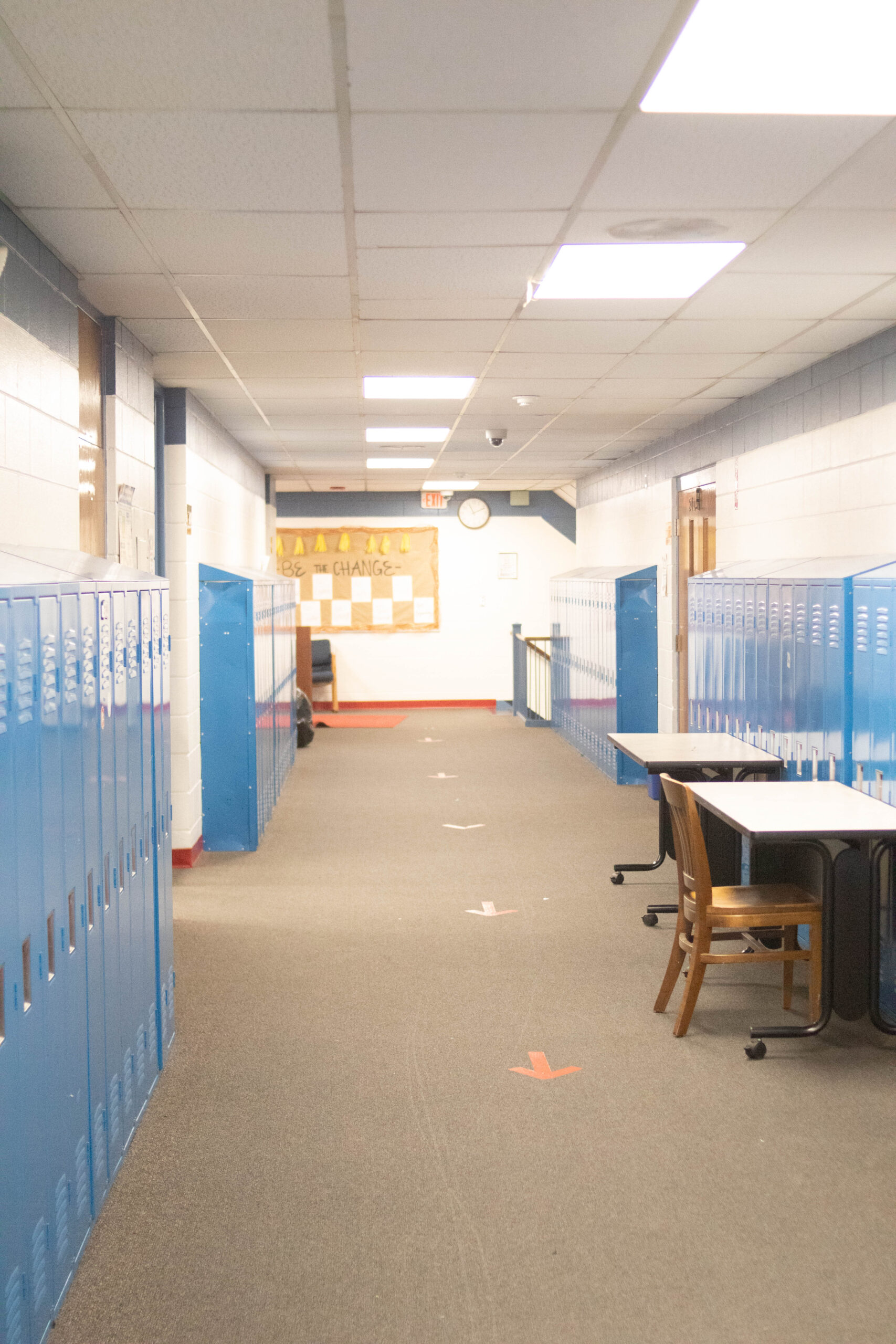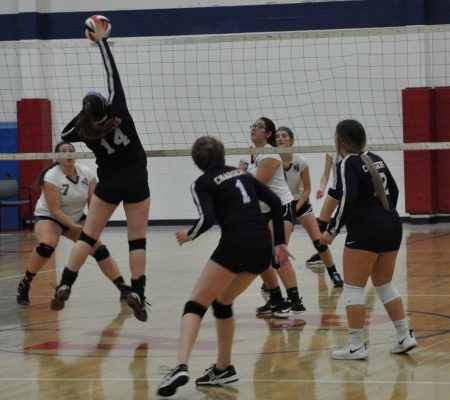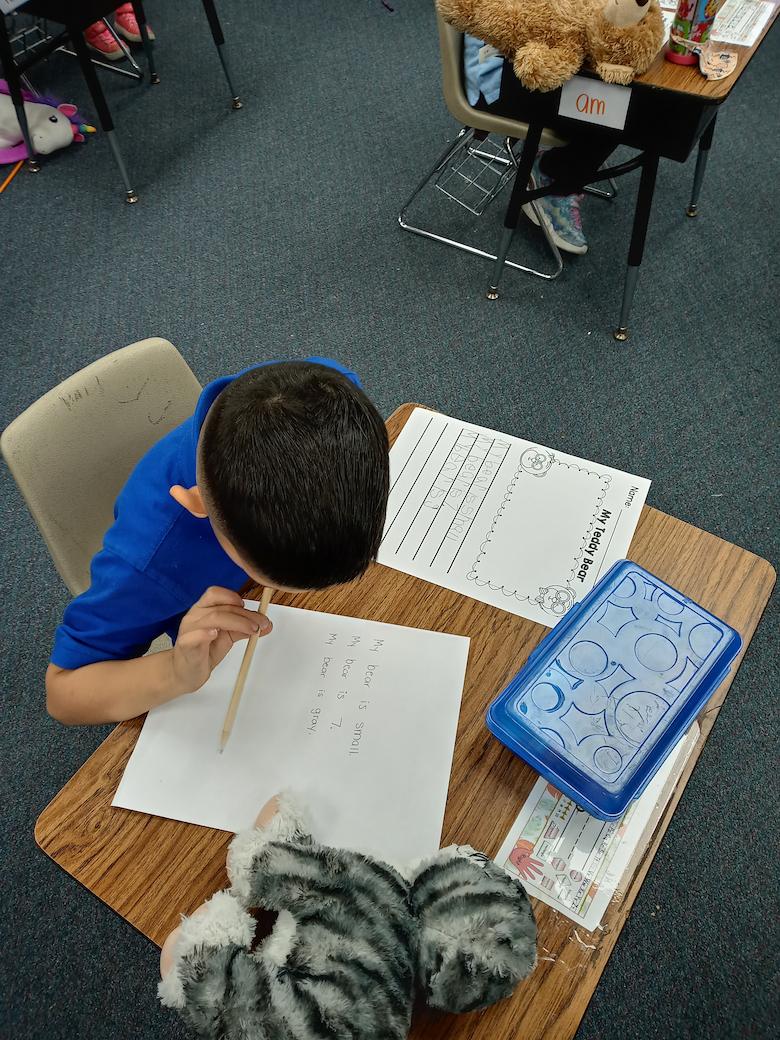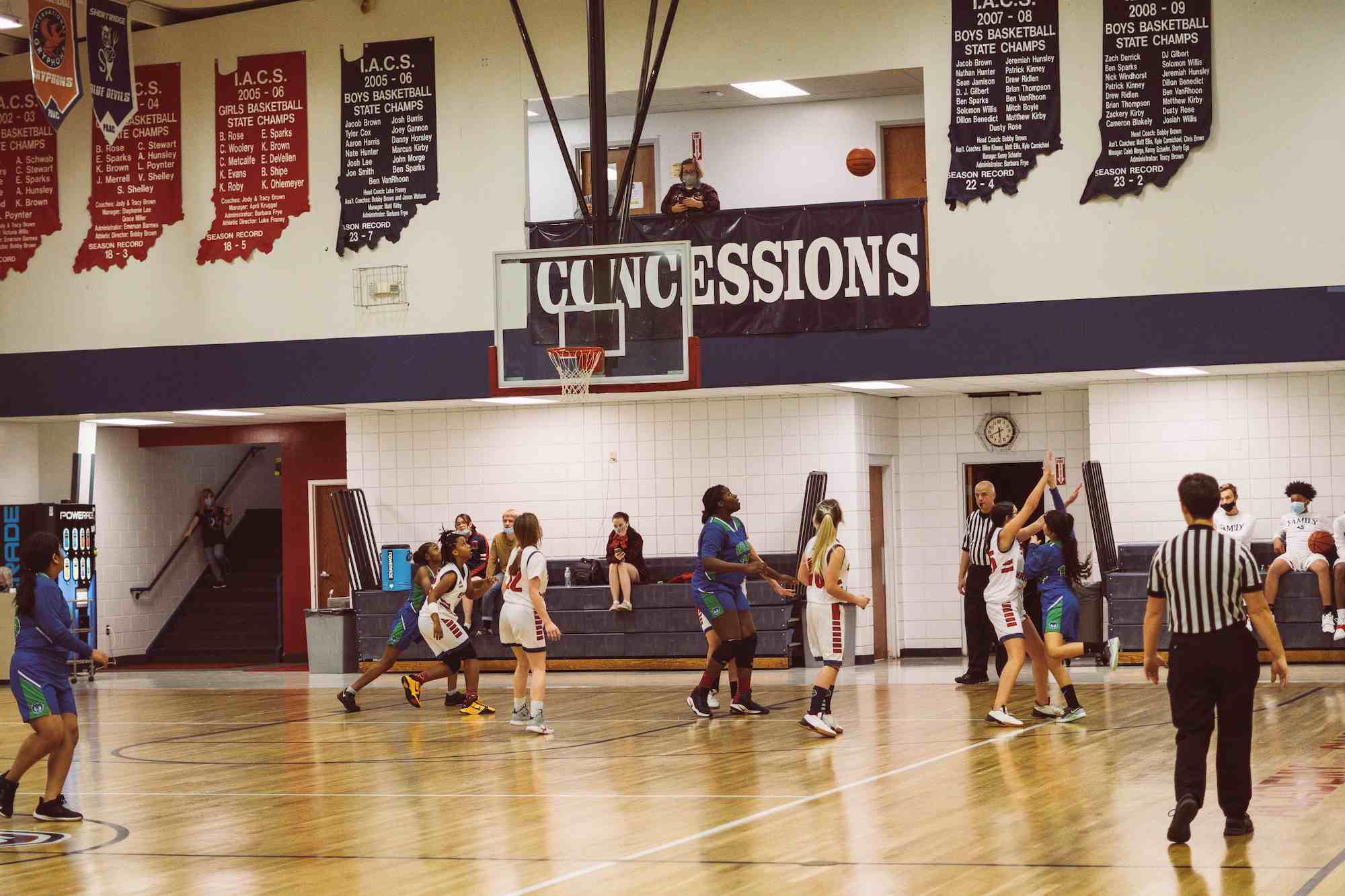High-school students preparing for college is like embarking on a long journey. Just as proper preparations are essential for any voyage, it is important for students and their parents to prepare for the college experience.
Parents can help by not only providing emotional support but also by helping students develop good study habits, setting aside time to research potential colleges and majors, and of course financially.
From the student’s point of view, there are several key steps to take in order to ensure a successful college experience. Here’s everything you need to know about how to prepare for college in high school.
When Should High School Students Start Preparing for College?
It is never too early to start planning for higher education. This can start as early as freshman year and should certainly begin no later than junior year.
As a high school student, it is important to stay on top of your coursework and grades while keeping abreast of the best strategies for college admissions and financial aid. By taking this approach, your kids can not get their top choice of schools but also maximize financial assistance and develop a strong foundation of knowledge and experience that will benefit them throughout their college years.
Consulting with school counselors can help you formulate a game plan for college admissions and provide insight on potential scholarships, internships, and other federal student aid opportunities. Experienced school counselors tend to have a wealth of information and can help guide your student through the college selection process.
According to the National Association for College Admissions Counseling, the earlier in their high school career that students begin to think about college and plan how they will meet requirements, the more likely they are to experience success.
Start by defining your college goals, researching potential schools, and developing a timeline to meet your objectives.
The Best Ways To Prepare For College
Planning and preparing for college can be a daunting task. Here are nine tips for high school students to help them get ready for the next step:
1. Maintain a High GPA
Having a high-Grade Point Average (GPA) is one of the key factors in getting accepted into college. A strong GPA demonstrates that you are an academically capable student and can handle the rigors of higher education. It also shows universities that you are committed to your studies and have been consistently successful in school.
Also, having a good GPA will give students more options when it comes to selecting colleges and universities, as well as make them eligible for certain scholarships and financial aid packages. College admissions officers typically look at applicants’ cumulative GPAs during the college admissions process, so it is important to start planning early on how to maximize your grades throughout high school.
In order to maintain a high GPA, students should take challenging classes such as honors or Advanced Placement courses whenever possible, which also offer college credit. These classes not only provide extra academic stimulation but often result in higher grades since most schools weight these courses differently than regular classes like history or algebra do. Additionally, taking advanced-level classes gives students an edge over other applicants who may not have taken any rigorous courses during their time in high school. It also helps demonstrate that you can handle difficult coursework if admitted into college-level programs.
2. Research What You Want In A College
It is important to research potential colleges and universities in order to find the best-fit institution for you. School counselors can help you consider the size, location, programs offered, and cost of attendance. Use resources such as college board rankings and reviews from previous students who have attended the school to get a better idea of what the university has to offer.
Also, find out what type of standardized test scores and GPA are required for acceptance, as well as what extracurricular activities such as athletics the school looks for in applicants. Plus, by taking practice tests, you can see how your score compares with the standard.
Furthermore, students who are considering attending college out of state during their freshman year should look into the cost differences between in-state and out-of-state tuition. Moreover, getting a better understanding of the application process and requirements can help students to create a timeline for meeting their college goals.
3. Develop Good Study Habits
Good study habits are essential for succeeding in college and setting yourself up for a successful future career. Prioritizing schoolwork, studying regularly, taking notes in class, and discovering effective ways to retain information can greatly improve academic performance.
It is also important to develop time management skills early on so that you have adequate time to complete assignments without getting overwhelmed or sacrificing sleep. Practicing good organizational and study habits now will help students transition smoothly into college life when they arrive on campus.
Study groups or tutoring sessions can also be very helpful in mastering difficult topics and working towards better grades, starting from freshman year. By working with others, students can gain a greater understanding of the material and benefit from learning with their peers.
4. Get Ready For The SATs or ACTs
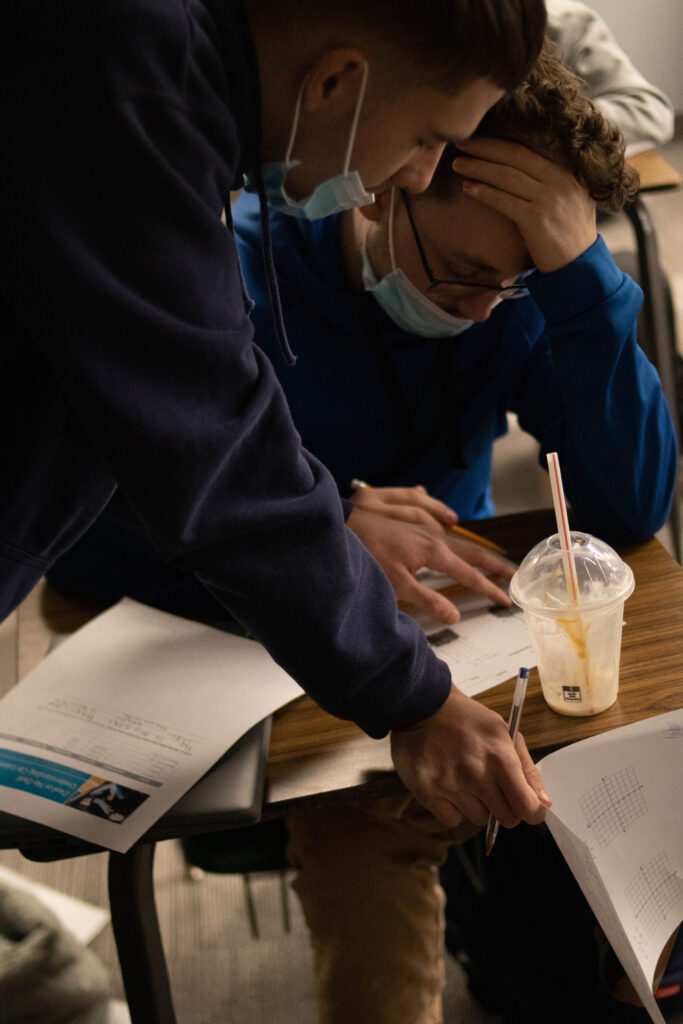
The SAT or ACT are standardized tests used by colleges to measure students’ academic ability and readiness for college. These exams are typically taken during the junior or senior year of high school, which is why it is important for students to start preparing ahead of time.
Taking practice tests, familiarizing oneself with the test format, and studying effective test-taking strategies all help to increase the chances of a good performance on these exams. Additionally, registering for and taking prep classes can also be beneficial in understanding what type of questions to expect and how best to approach them. Taking the SAT or ACT multiple times can also help improve scores if needed.
SAT prep can be done in multiple ways, such as taking a course at your local community center or library, signing up for an online course, or seeking out a tutor. Going the extra mile to prepare for these exams can make a big difference during the college application process
5. Research Career Interests and Potential Majors
Before starting college, it is important to do research on potential college degree majors and career paths that interest you. Understanding what field of study appeals to you can help guide the decision-making process when it comes to choosing a community college or university before your senior year. It is also helpful to look into internships or other work experience opportunities related to the fields you are interested in so that you can gain hands-on knowledge and learn more about particular industries.
Additionally, with the help of a school counselor, exploring potential career paths and researching job descriptions can help to ensure that the major chosen fits well with future goals. In addition to gaining real-world experience, these opportunities can begin preparing and building a strong college resume that will impress potential employers.
6. Start Your College Resume
Creating a college resume should be done early on in the high school year, before becoming a high school senior. This document is designed to highlight any and all activities, school clubs memberships, awards, and work experience related to your interests.
It is important to include only relevant information that will impress potential colleges and universities and increase your chances of getting financial aid. Accurate information, such as dates of involvement and details on major achievements, should also be included.
Resumes should be routinely updated and revised as new experiences and accomplishments emerge throughout the high school year. These documents are very helpful in providing potential colleges with an overall picture of a student’s achievements, interests, and goals, even before senior year.
7. Develop Excellent Writing and Speaking Skills
Good writing and speaking skills are essential for college success. Taking writing and speech classes in high school can help hone these skills and prepare for college classes. Additionally, participating in activities such as debate or public speaking clubs or writing for a school newspaper as early as your freshman or junior year can also provide helpful real-world experience that will be beneficial at the college level.
Working on projects or presentations with others can teach valuable collaboration skills as well. Developing strong communication and other employability skills now will help to ensure success in college when it comes to taking exams, presenting research papers, and interacting with professors and peers.
8. Practice Note-Taking Skills to Prepare for College
Taking good notes is an essential skill that high school seniors should develop and master before attending college. When done correctly, this practice ensures that all important information is recorded and remembered. It is important to develop a system for taking notes that work best for an individual student’s needs, whether it includes using paper or digital tools such as note-taking apps.
In addition to learning how to effectively take notes, understanding the professor’s expectations in terms of note-taking and oral participation can also be beneficial. By developing these skills early on, high school seniors and college students will have a better chance of success when it comes to class lectures and exams.
9. Participate in Extracurricular Activities
Getting involved with extracurricular activities is a great way to explore interests and gain valuable experiences that cannot be gained through traditional classroom settings. Joining clubs or sports teams offers the opportunity to build relationships with peers, learn more about leadership roles, and develop special leadership skills.
Volunteering in the community or working part-time can also be beneficial to a student’s development and help to build a strong college resume. In addition to providing real-world experience, these opportunities often teach important values such as discipline, respect, and dedication that will serve students well throughout their college journey. A school counselor can guide students more on what volunteer work can help with college preparation.
Students can also take these soft and hard skills to the college campus and use them to become effective leaders in their community and among their peers. Before committing to any club or organization, it is important to research the expectations and commitment required in order to make the most out of any extracurricular experience.
Lastly, extracurricular courses also tend to offer scholarships and other federal student aid opportunities that can help to reduce the cost of college tuition.
Achieve Academic Success By Preparing For College Early
College preparation begins in high school, and with the right preparation, students can set themselves up for success and be better equipped to handle the challenges of college life.
Students should take the time to implement these strategies into their high school routine in order to ensure the best possible outcome for their college experience. With thoughtful planning and dedication, any student can be ready to take on college and kick-start their future.
CCA is committed to helping our students achieve their goals and providing the necessary information and resources to do so. From offering college prep classes through our Innovative Academy program to providing one-on-one counseling sessions with our dedicated staff, CCA is here to help you achieve your dream of going to college.


